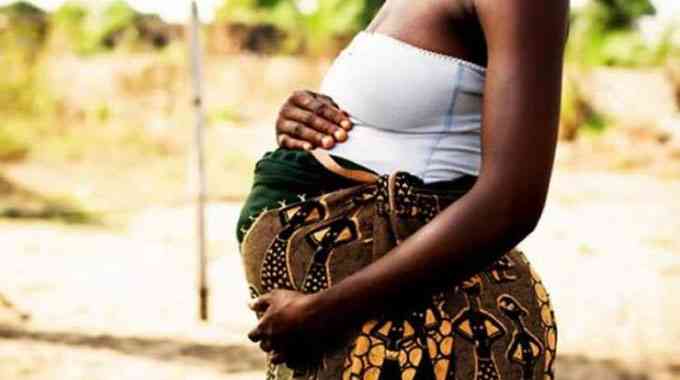
A GOVERNMENT survey on teen pregnancies has revealed that the economic meltdown has triggered a sharp increase in child and teenage pregnancies countrywide.
The survey was conducted by the Health and Child Care ministry in partnership with Unicef and Unesco.
“The prevalence of pregnancy differed significantly between the two age groups, with older adolescents (15 to 19-year-olds) being 71,2 times more likely to be pregnant than very young adolescents (10 to 14-year-olds),” the report read.
“The prevailing economic recession which led to poverty, unemployment, depletion of family savings, falling prices of their agricultural produce and migration of parents and caregivers has been cited as key drivers of adolescent pregnancy.”
The report said parental migration was undermining family structures, leaving children alone or under the care of de facto caregivers thereby increasing children’s vulnerability to risky sexual behaviour and abuse.
“Lack of parental care and supervision because of parents/caregivers’ long working hours and prolonged absence from home has fuelled adolescent pregnancies through consensual sex, transactional sex and sexual abuse,” the report added.
“The economic decline has also resulted in the need for children to supplement their parents or caregivers’ incomes as adolescents have been driven into artisanal gold panning, vending, or working as housemaids which has increased their vulnerability to early engagement in risky sexual behaviour, drug and substance abuse and dropping out of school, among other social ills.”
“Early exposure to pornographic and sexually-oriented materials through increased and unrestricted access to cellphones is an emerging key driver of adolescent pregnancy.”
- Hesitancy slows Covid vaccination for children
- Hesitancy slows Covid vaccination for children
- Multisectoral COVID-19 messaging campaign improving prevention and vaccine uptake in Zimbabwe
- Cultivate demand for Covid-19 vaccines
Keep Reading
The report said drug and illegal substance abuse also exposed teenagers to risky sexual behaviours.
“Drug and substance use was noted to be affecting adolescents and young people regardless of age, gender and location. Parties such as the vuzu or school-leavers’ parties came out strongly as high-risk events where adolescents were consciously or unconsciously initiated on drugs.”
Early this year, a child rights group, Zvandiri, revealed that 95% of teenage pregnancies were unintended and attributed to poverty, with the Family Aids Caring Trust claiming that Zimbabwe witnessed another surge in child pregnancies between 2021 and 2022.











